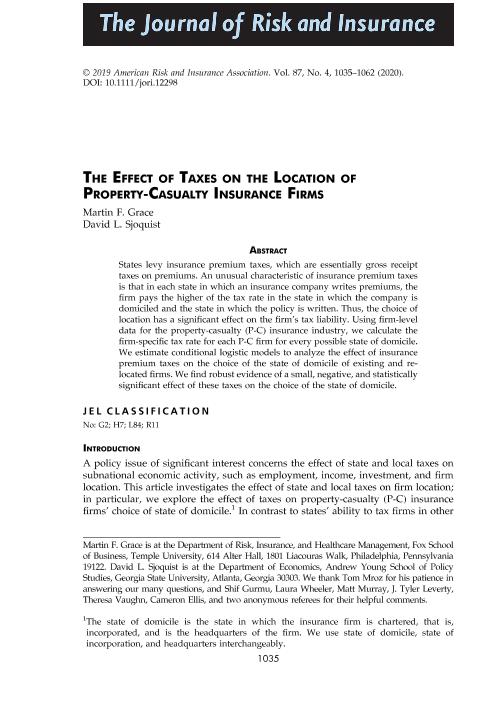Privatizing plaintiffs : how medicaid, the false claims act, and decentralized fraud detection affect public fraud enforcement efforts

Contenido multimedia no disponible por derechos de autor o por acceso restringido. Contacte con la institución para más información.
| Tag | 1 | 2 | Valor |
|---|---|---|---|
| LDR | 00000cab a2200000 4500 | ||
| 001 | MAP20200040071 | ||
| 003 | MAP | ||
| 005 | 20220823212553.0 | ||
| 008 | 201223e20201201usa|||p |0|||b|eng d | ||
| 040 | $aMAP$bspa$dMAP | ||
| 084 | $a214 | ||
| 100 | $0MAPA20200024354$aNguyen, Thuy | ||
| 245 | 1 | 0 | $aPrivatizing plaintiffs$b: how medicaid, the false claims act, and decentralized fraud detection affect public fraud enforcement efforts$cThuy Nguyen, Victoria Perez |
| 520 | $aIn 2016, decentralized fraud enforcement under the federal False Claims Act (FCA) recovered $2.5 billion spent on healthcare fraud without increasing spending. The FCA induces private citizens to pursue civil fraud claims on behalf of both themselves and the government, or qui tam; incentives to pursue legal action for Medicaid fraud vary at the state level.We hypothesize that fraud enforcement agencies shift strategies as incentives for private citizens to monitor civil offenses rise. We find that state-level FCAs did not increase the number of filed qui tam suits as incentives rose. Among filed cases, case quality did not change. Instead, agencies pursued fewer civil cases and case length increased. Our findings suggest potential qui tam plaintiffs are constrained by an ability to pursue cases, not incentives. Government-led civil fraud enforcement may thus overestimate the capacity to decentralize fraud enforcement. | ||
| 650 | 4 | $0MAPA20080607036$aLucha contra el fraude | |
| 650 | 4 | $0MAPA20080591052$aFraude en el seguro | |
| 650 | 4 | $0MAPA20080567118$aReclamaciones | |
| 650 | 4 | $0MAPA20080586294$aMercado de seguros | |
| 650 | $0MAPA20080541064$aFraude | ||
| 700 | 1 | $0MAPA20200024378$aPerez, Victoria | |
| 773 | 0 | $wMAP20077000727$tThe Journal of risk and insurance$dNueva York : The American Risk and Insurance Association, 1964-$x0022-4367$g01/12/2020 Volumen 87 Número 4 - diciembre 2020 , p. 1063-1091 |

